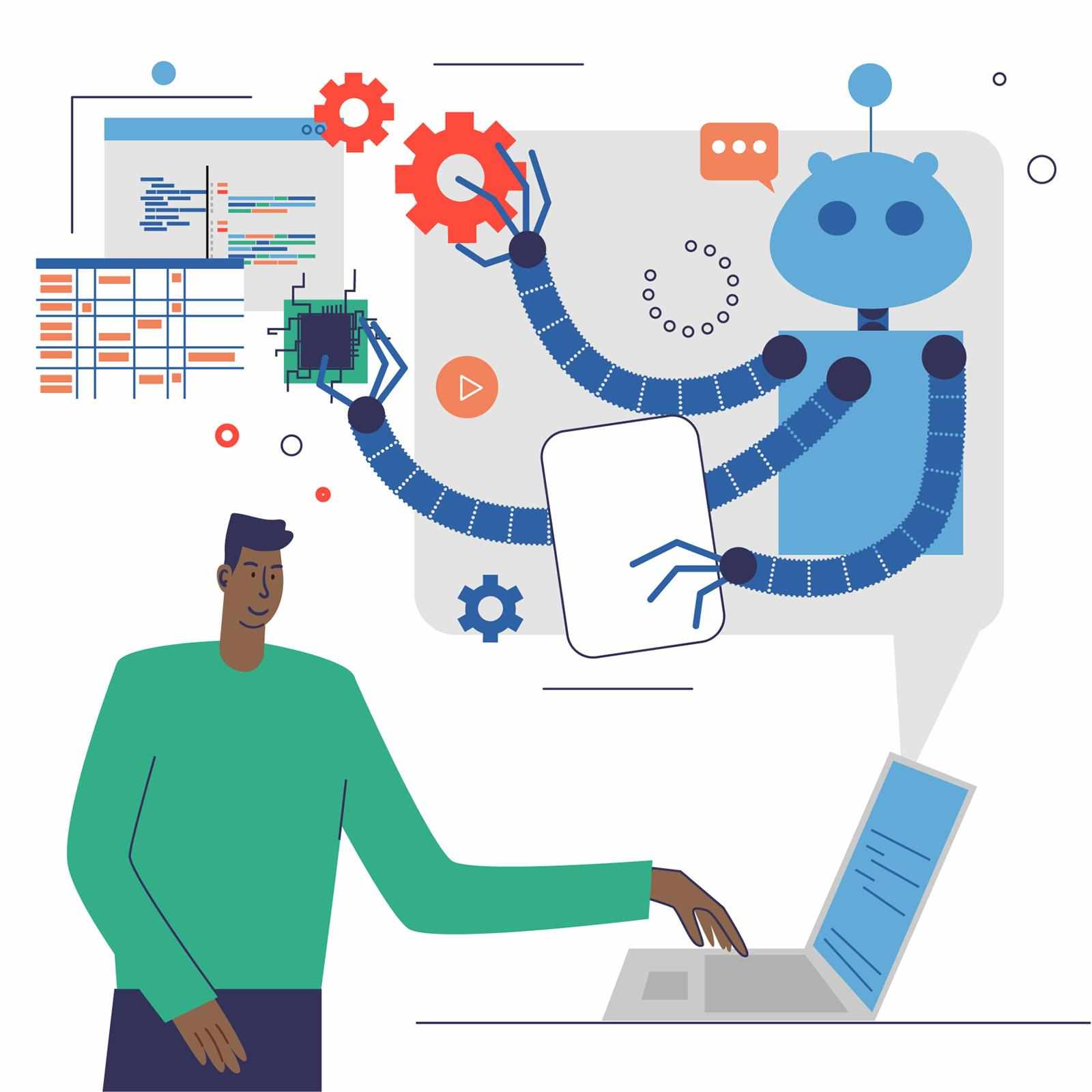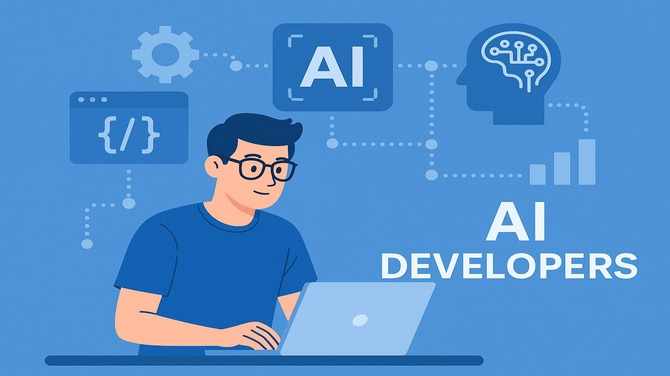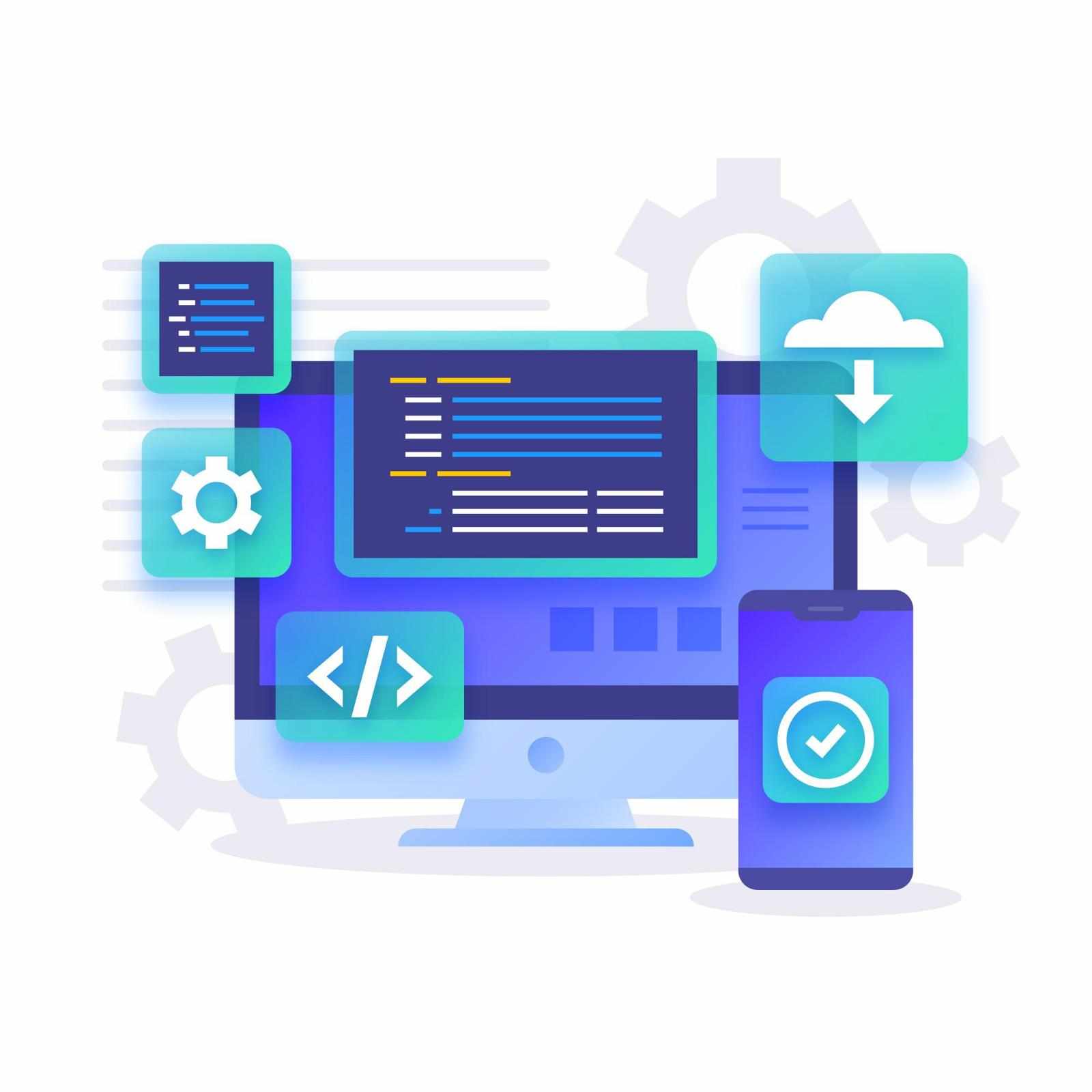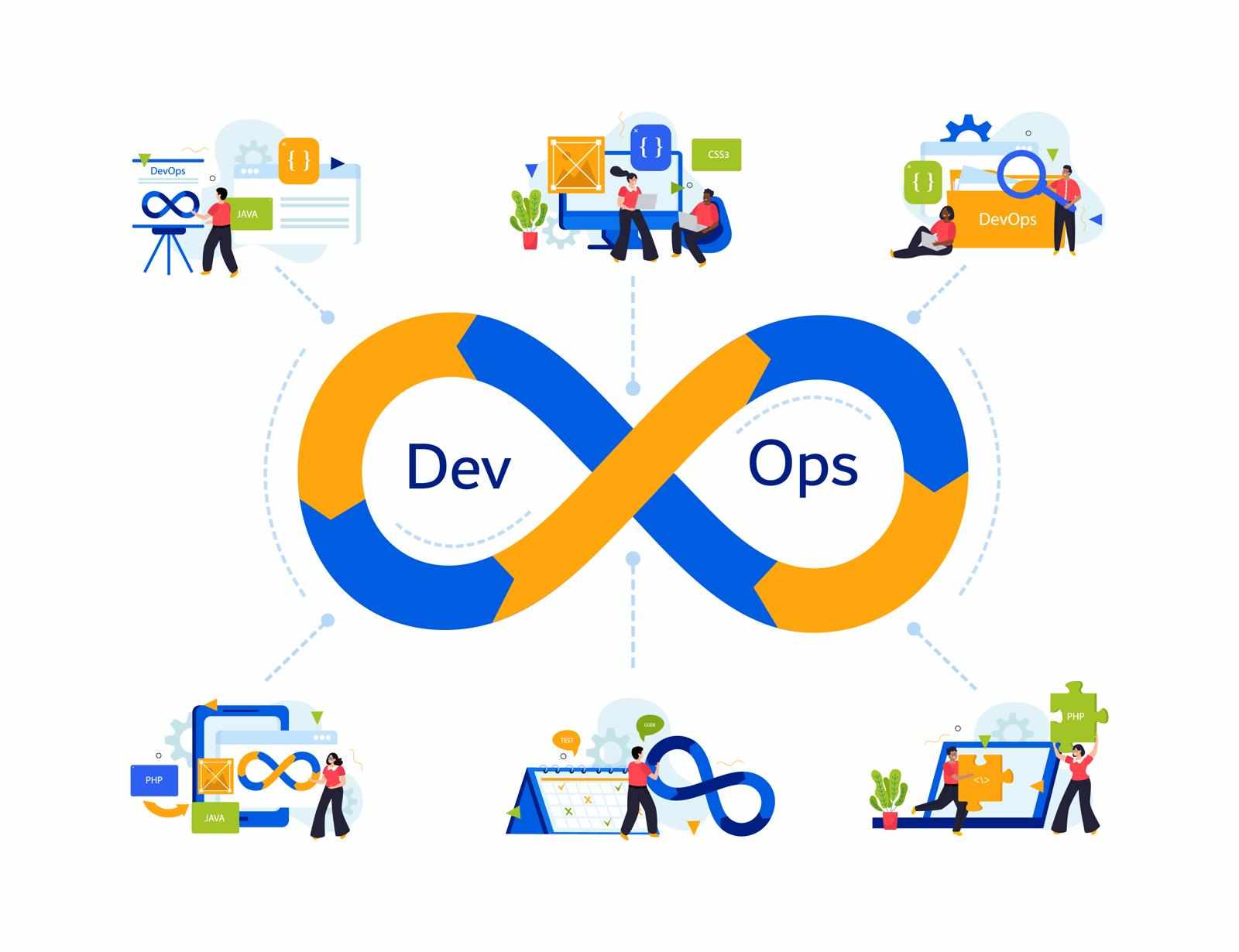
The technology landscape stands at a pivotal moment where traditional software solutions are giving way to intelligent, autonomous systems. While most people focus on chatbots and content generators, a new breed of companies is quietly building something far more powerful: agentic artificial intelligence. These systems don't just respond to commands; they think, plan, and act independently to achieve complex goals.
Unlike conventional AI that waits for human input, agentic systems operate continuously, making decisions and adapting strategies in real-time. This fundamental shift represents the biggest opportunity since the internet's early days, and smart investors are taking notice. The companies mastering this technology today will likely define the next decade of digital transformation.
The Rise of Autonomous Intelligence Platforms
Autonomous intelligence represents a quantum leap beyond current AI capabilities, enabling machines to operate with minimal human oversight while pursuing long-term objectives. These platforms combine advanced reasoning, memory systems, and decision-making frameworks to create truly independent digital agents. Major technology firms have invested over $12 billion in autonomous AI research during 2024 alone, signaling massive industry confidence.
The shift from reactive to proactive AI systems changes everything about how businesses operate. Instead of humans constantly managing software tools, autonomous agents handle complex workflows, negotiate deals, and optimize operations around the clock. This transition mirrors the evolution from manual manufacturing to automated production lines, but with far greater implications for knowledge work.
Market Transformation Through Intelligent Automation
Leading agentic AI company pioneers are reshaping entire industries by replacing human-intensive processes with intelligent automation systems. These companies have demonstrated remarkable growth trajectories, with average revenue increases of 340% year-over-year according to recent venture capital reports. The technology enables unprecedented scalability while reducing operational costs by up to 60%.
Healthcare organizations using agentic systems report improved patient outcomes and reduced administrative burdens. Financial institutions leverage these platforms for risk assessment and portfolio management, achieving better results than traditional algorithmic approaches. Manufacturing companies deploy autonomous agents for supply chain optimization, resulting in 25% cost reductions across operations.
Venture Capital and Investment Trends
Investment patterns reveal growing confidence in agentic AI technologies, with venture capital funding reaching $8.3 billion in 2024 compared to $2.1 billion the previous year. Notable investors including Andreessen Horowitz, Sequoia Capital, and Google Ventures have made significant commitments to autonomous intelligence startups. This represents a 295% increase in funding allocation toward agentic systems development.
The investment thesis centers on the transformative potential of autonomous agents to replace expensive human labor while delivering superior performance. Early-stage companies developing agentic platforms command higher valuations than traditional AI startups, reflecting market recognition of their disruptive potential. Institutional investors view this sector as the next major wave following mobile computing and cloud infrastructure.
Startup Ecosystem and Innovation Hubs
Silicon Valley, Boston, and Seattle have emerged as primary innovation centers for agentic AI development, with over 200 specialized startups operating in these regions. These companies benefit from proximity to research institutions and experienced talent pools from established technology firms. University partnerships provide access to cutting-edge research while maintaining competitive advantages through intellectual property development.
International markets, particularly in Europe and Asia, are establishing their own agentic AI ecosystems with government support and strategic investments. Countries recognize the competitive advantages of autonomous intelligence technologies and are implementing policies to attract leading companies and researchers to their regions.
Enterprise Adoption and Business Models
Forward-thinking enterprises are rapidly adopting agentic solutions to gain competitive advantages in their respective markets. A recent survey by McKinsey found that 73% of Fortune 500 companies plan to implement autonomous AI systems within the next two years. These organizations recognize that early adoption provides significant market advantages while the technology remains relatively scarce.
Business models built around agentic AI differ fundamentally from traditional software licensing approaches. Many successful companies offer outcome-based pricing where clients pay for results rather than software access. This alignment of incentives ensures customer success while generating sustainable revenue growth for service providers.
Revenue Growth and Scalability Advantages
Companies leveraging agentic AI demonstrate superior unit economics compared to traditional service providers due to reduced labor requirements and improved efficiency metrics. Average gross margins exceed 85% for established agentic AI company operators, significantly higher than conventional software businesses. The scalability benefits compound over time as systems learn and improve their performance without proportional cost increases.
Customer acquisition costs remain low as satisfied clients generate strong referrals and case studies demonstrating clear return on investment. Long-term contracts become standard as businesses recognize the strategic value of autonomous intelligence platforms and the switching costs associated with alternative solutions.
Technological Infrastructure and Capabilities
Modern agentic systems require sophisticated technological foundations combining machine learning, natural language processing, and advanced reasoning capabilities. Leading companies invest heavily in proprietary architectures that enable their agents to operate reliably in complex, real-world environments. These technical moats create sustainable competitive advantages that are difficult for competitors to replicate quickly.
Cloud computing infrastructure has evolved to support the computational demands of autonomous agents, with specialized hardware optimized for AI workloads becoming more accessible. Edge computing capabilities enable real-time decision-making in distributed systems, expanding the range of possible applications for agentic technologies.
Integration with Existing Business Systems
Successful agentic AI implementations require seamless integration with existing enterprise systems, from customer relationship management platforms to financial reporting tools. Companies specializing in these integrations have developed standardized APIs and middleware solutions that reduce implementation complexity and time-to-value for clients.
The interoperability challenge has created opportunities for specialized integration platforms that serve as bridges between autonomous agents and legacy business systems. These solutions often become critical infrastructure components that generate recurring revenue while establishing strong customer relationships.
Competitive Advantages and Market Position
Early-stage agentic AI company leaders enjoy significant first-mover advantages in their respective market segments, establishing customer relationships and refining their technologies before competitors can match their capabilities. These advantages compound over time as systems learn from deployed experience and customers become increasingly dependent on autonomous capabilities.
Brand recognition and customer trust play crucial roles in agentic AI adoption, as businesses must feel confident in delegating important decisions to autonomous systems. Companies that establish strong reputations for reliability and performance create substantial barriers to entry for potential competitors seeking to capture market share.
Intellectual Property and Research Leadership
Patent portfolios have become increasingly important for agentic AI companies seeking to protect their innovations and maintain competitive moats. Leading firms invest heavily in research and development while filing comprehensive patent applications covering their core algorithmic approaches and system architectures.
Academic partnerships and research collaborations provide ongoing access to cutting-edge developments while building relationships with future talent. Many successful companies maintain active research programs that contribute to academic literature while advancing their commercial objectives through improved technologies.
Regulatory Environment and Compliance
Government agencies worldwide are developing regulatory frameworks for autonomous AI systems, creating both challenges and opportunities for leading companies. Proactive engagement with regulators helps shape policies while ensuring compliance with emerging requirements. Companies that establish strong relationships with regulatory bodies often gain advantages in market access and customer trust.
Safety and security considerations drive significant investment in testing and validation systems that ensure autonomous agents operate within acceptable parameters. These compliance capabilities become competitive advantages as customers prioritize risk management in their technology adoption decisions.
International Market Expansion
Global expansion requires navigating diverse regulatory environments while adapting autonomous systems to local market conditions and cultural preferences. Successful companies develop flexible architectures that can accommodate different regulatory requirements without compromising core functionality or performance metrics.
Strategic partnerships with local firms provide market knowledge and regulatory expertise while reducing expansion risks and accelerating customer acquisition in new territories. These relationships often evolve into joint ventures or acquisition opportunities as markets mature.
Future Outlook and Growth Projections
Industry analysts project the agentic AI market will reach $127 billion by 2028, driven by expanding enterprise adoption and improving technology capabilities. This growth trajectory exceeds most other technology sectors and reflects the transformative potential of autonomous intelligence systems. Leading companies are well-positioned to capture disproportionate value as the market expands.
Technological advances in areas such as reasoning capabilities, multimodal processing, and real-world interaction will expand the addressable market for agentic solutions. Companies investing in these next-generation capabilities today will likely dominate emerging application areas tomorrow.
The convergence of autonomous intelligence with other emerging technologies creates unprecedented opportunities for innovation and value creation. As the digital transformation accelerates, agentic AI company pioneers will likely emerge as the defining technology leaders of the next decade, fundamentally changing how businesses operate and compete in the global marketplace.




















Write a comment ...